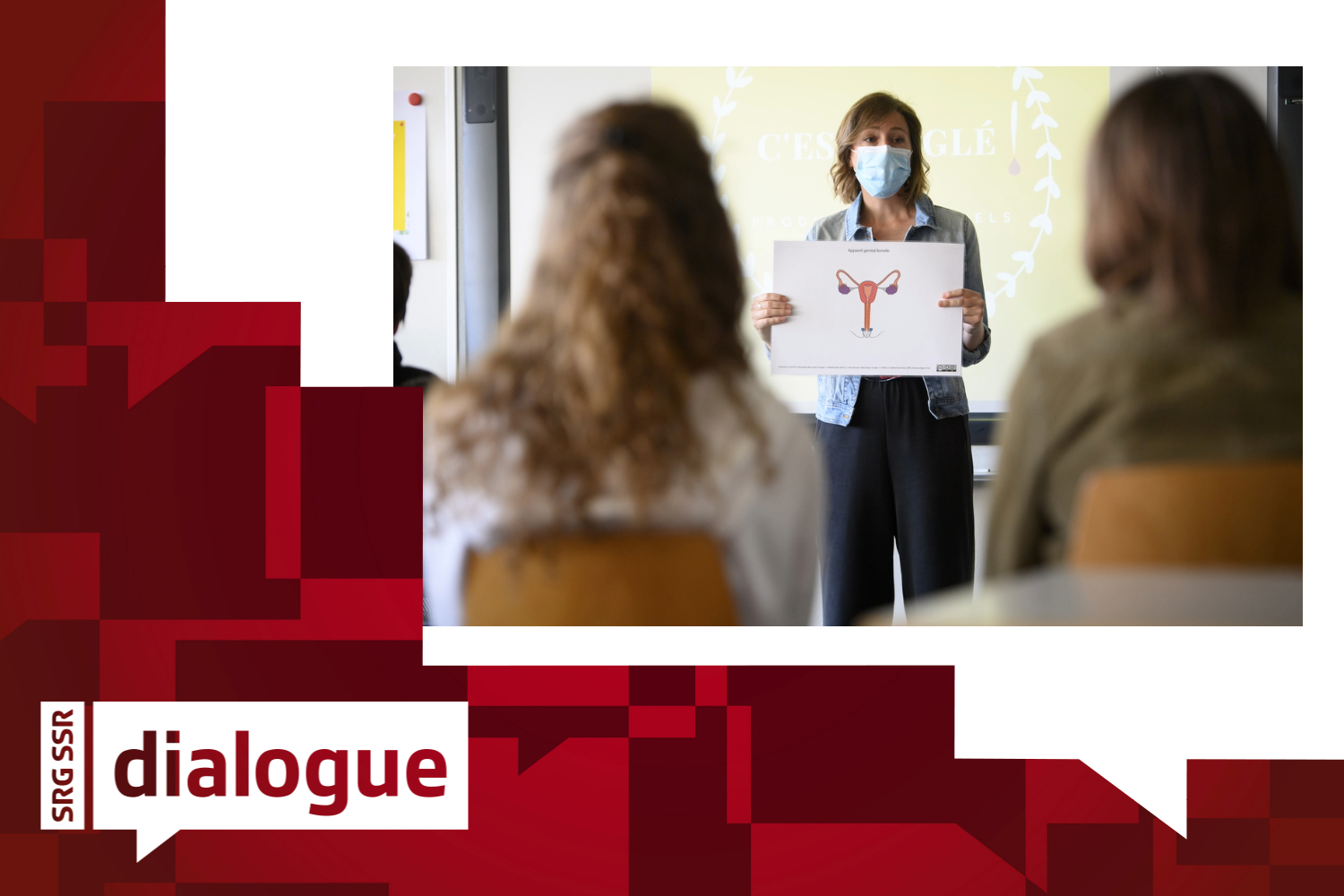
Young people in Europe use condoms less frequently

Young people in Europe have used condoms much less frequently in recent years, according to the World Health Organization (WHO). Switzerland, however, bucked the trend.
+Get the most important news from Switzerland in your inbox
The rate of unprotected sex is “worryingly high”, WHO Europe said on Thursday. This exposes young people to a “significant risk of sexually transmitted diseases and unplanned pregnancies”.
The data comes from a survey of 242,000 15-year-olds in 42 of the 53 countries in the WHO European Region, including Central Asia. According to the data, it shows that the proportion of sexually active boys who used a condom the last time they had sex fell from 70% in 2014 to 61% in 2022. For girls, the figure fell from 63% to 57%.
+ Fifty years of contraception
Almost a third of young people stated that they had not used a condom or the pill the last time they had sex. This is roughly the same as in 2018. Use of the pill remained fairly stable in 2022 compared to 2014; 26% of 15-year-olds stated that they had used it the last time they had sex.
Condom use in Switzerland
At the time of the survey in 2022, around 22% of 15-year-old males in Switzerland did not use a condom during their last sexual intercourse.
Switzerland was among those countries where this contraceptive was used more frequently. In Sweden, on the other hand, 43% stated that they had not used a condom.
Among girls of the same age in Switzerland, 28% did not use a condom during their last sexual intercourse; 77% of girls of this age also stated that they did not use a contraceptive pill.
WHO Europe Director Hans Kluge criticised the fact that age-appropriate comprehensive sex education continues to be neglected in many countries. According to the WHO, inadequate sex education not only leads to higher rates of sexually transmitted diseases and unplanned pregnancies, but also to higher healthcare costs and impaired educational and career paths for young people.

More
Dialogue: Should sex education in Switzerland adapt to societal changes?
Translated from German by DeepL/ts
This news story has been written and carefully fact-checked by an external editorial team. At SWI swissinfo.ch we select the most relevant news for an international audience and use automatic translation tools such as DeepL to translate it into English. Providing you with automatically translated news gives us the time to write more in-depth articles.
If you want to know more about how we work, have a look here, if you want to learn more about how we use technology, click here, and if you have feedback on this news story please write to english@swissinfo.ch.

In compliance with the JTI standards
More: SWI swissinfo.ch certified by the Journalism Trust Initiative

























You can find an overview of ongoing debates with our journalists here . Please join us!
If you want to start a conversation about a topic raised in this article or want to report factual errors, email us at english@swissinfo.ch.